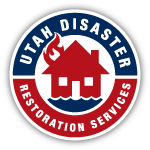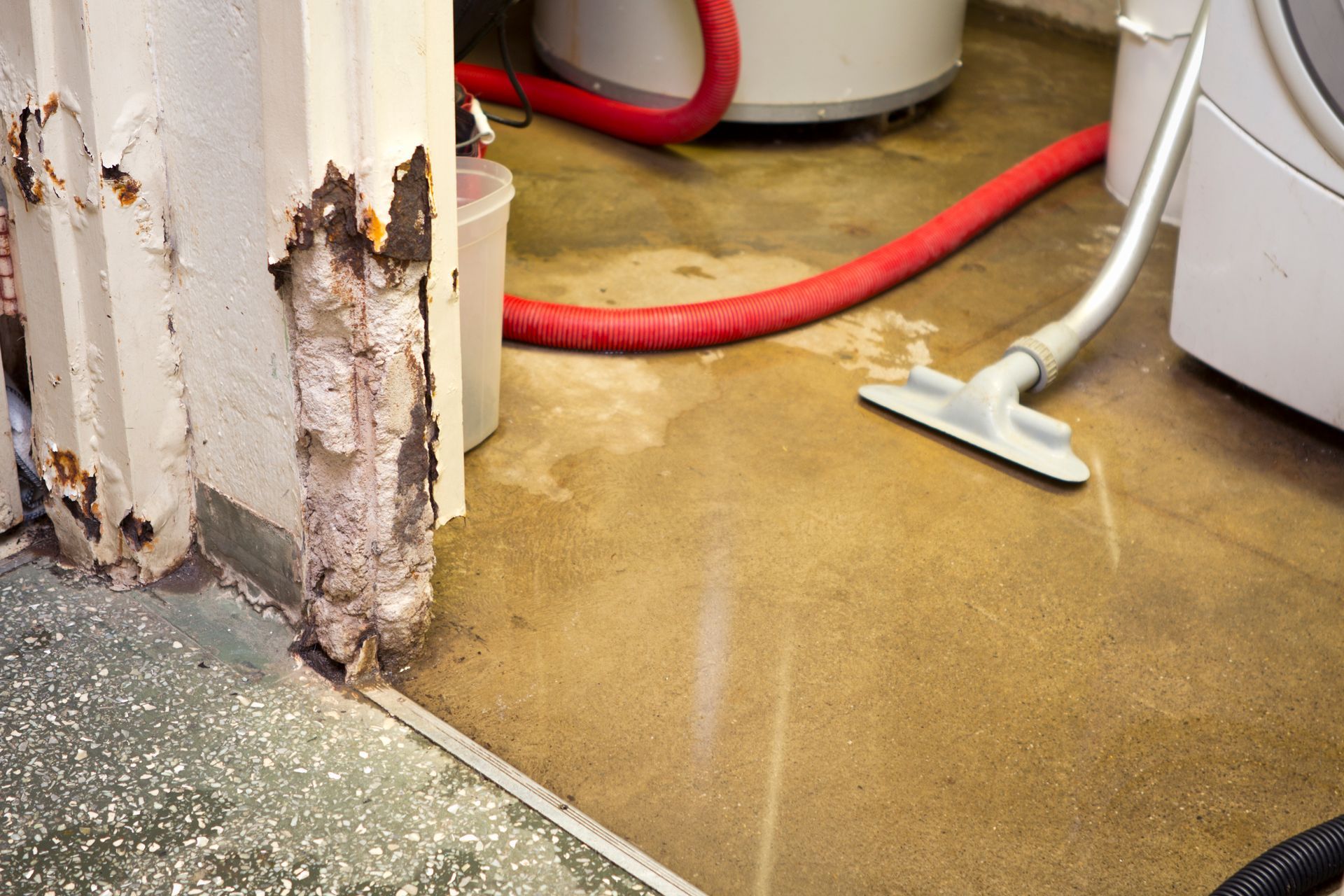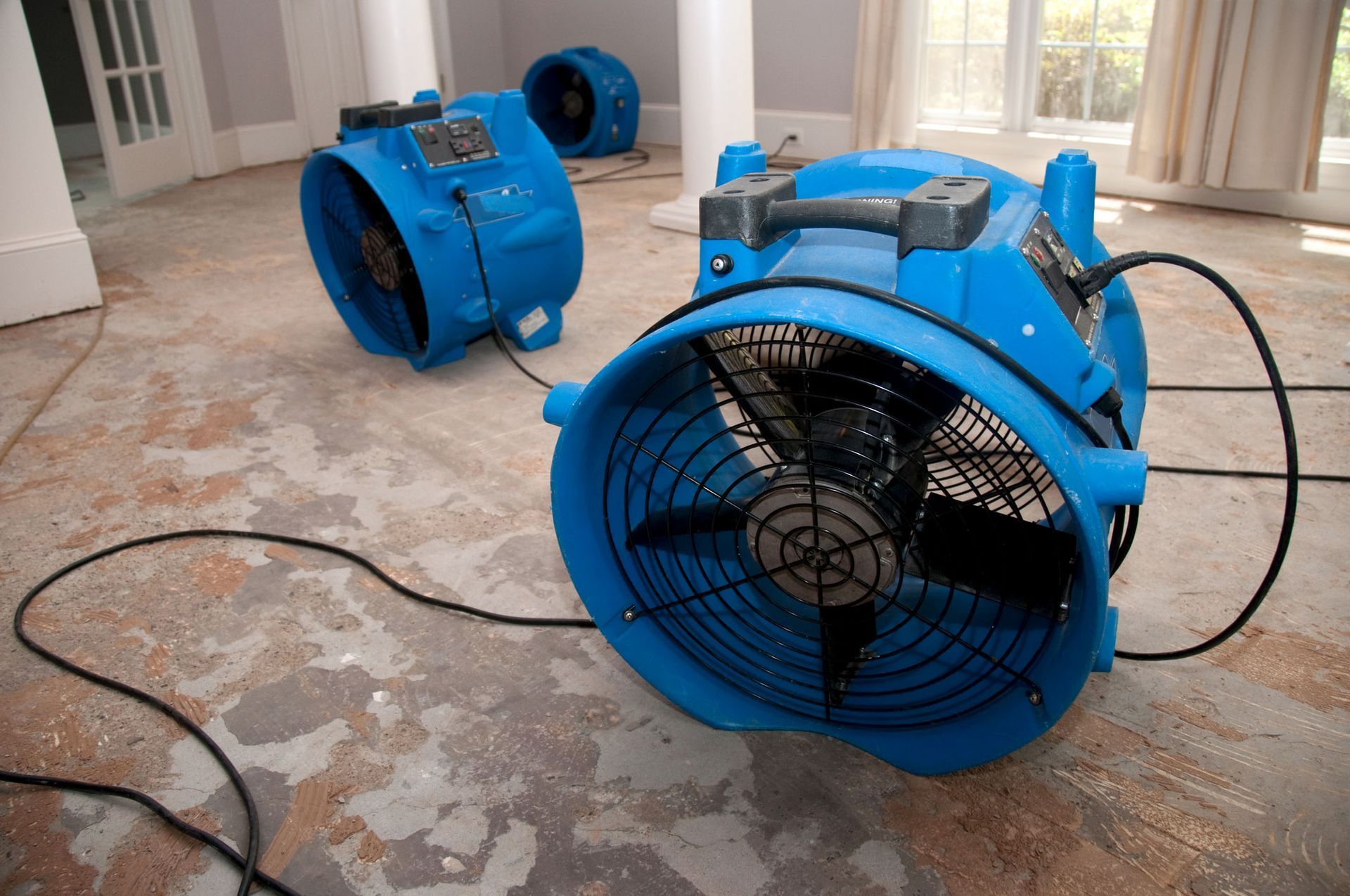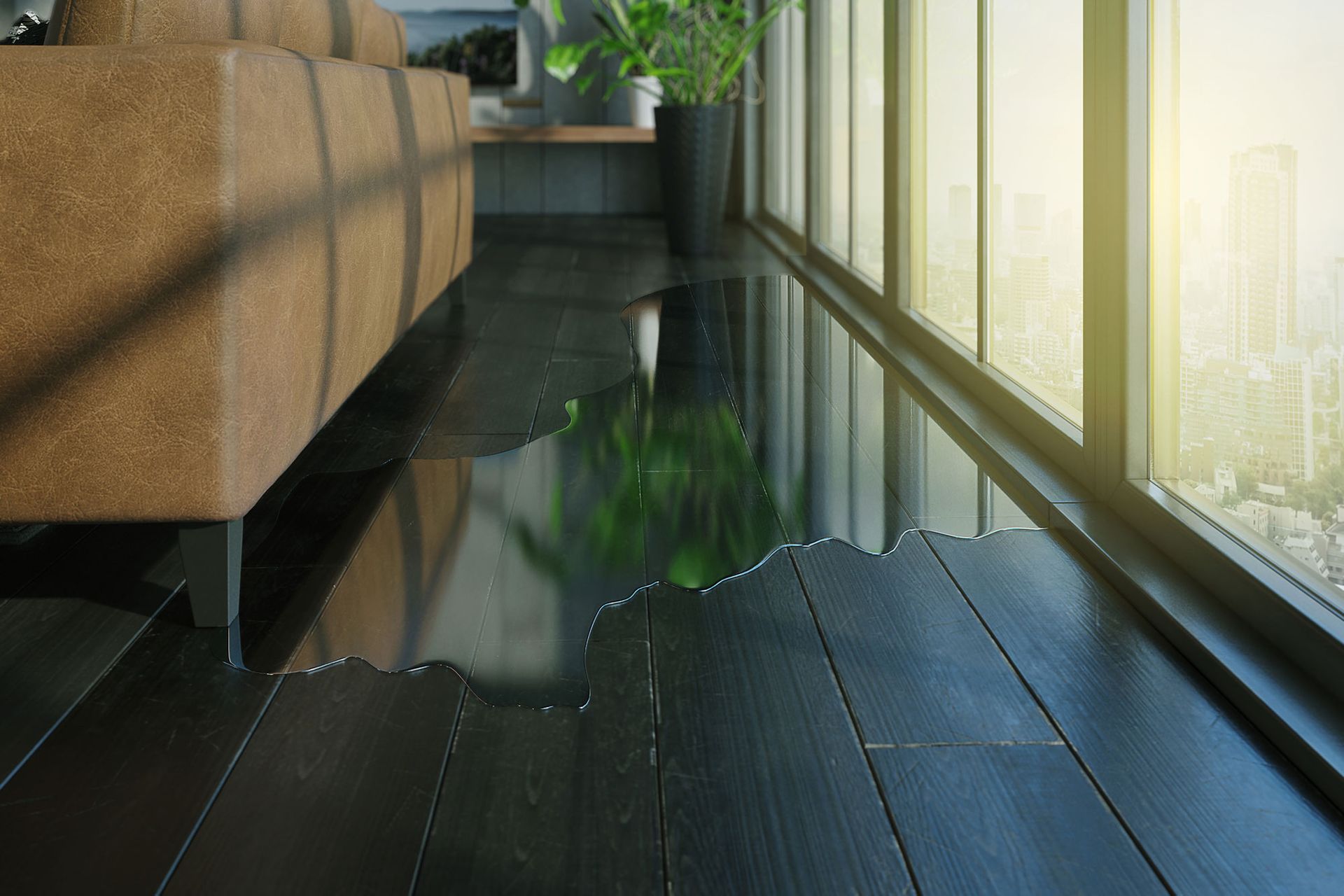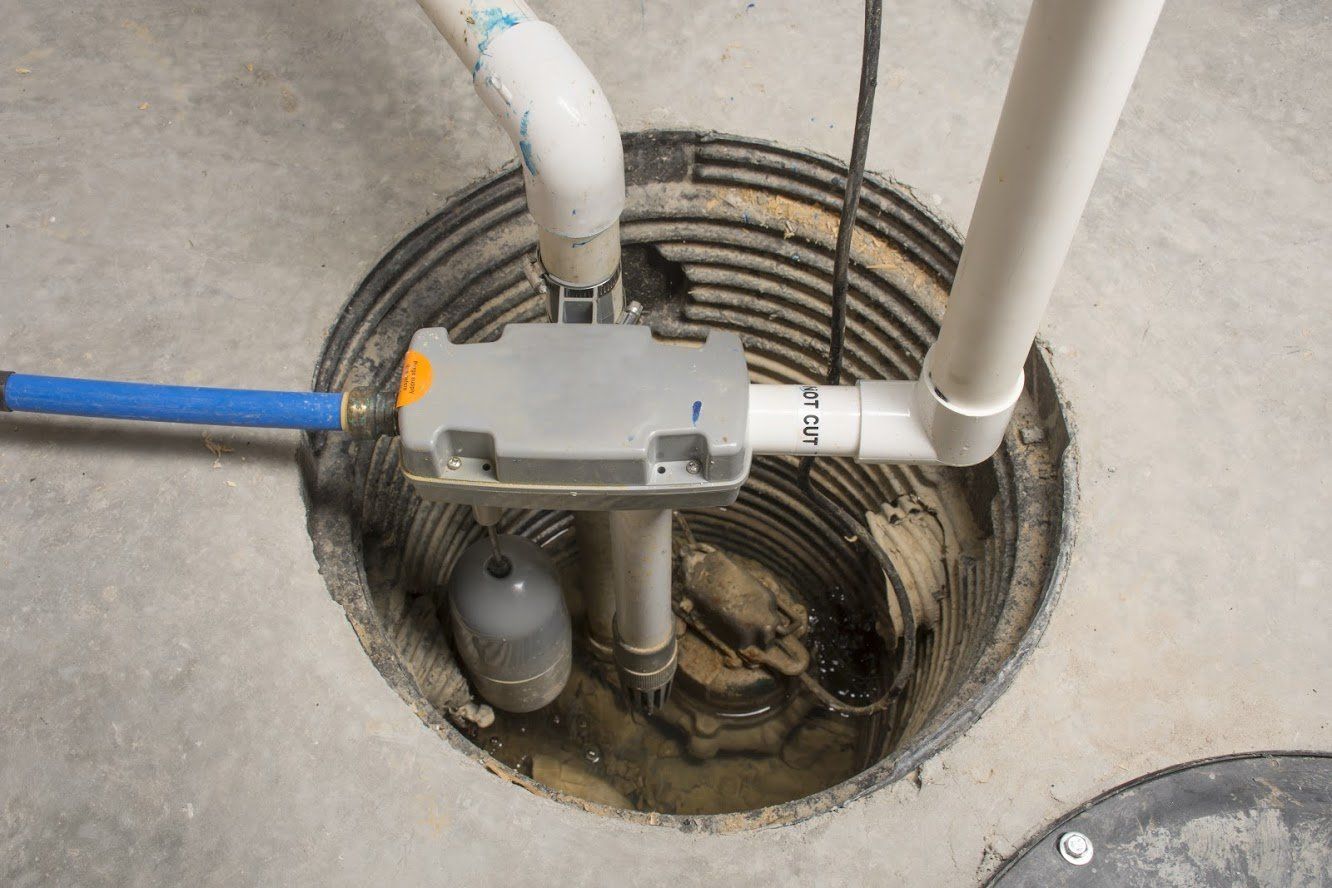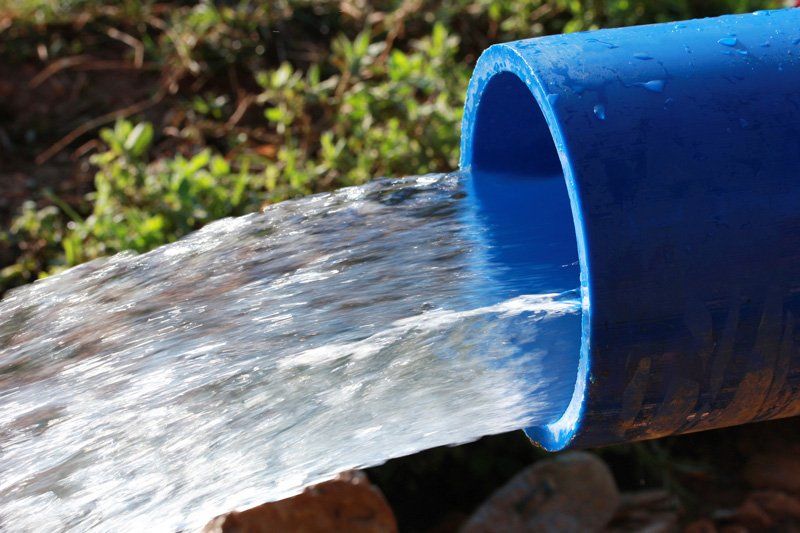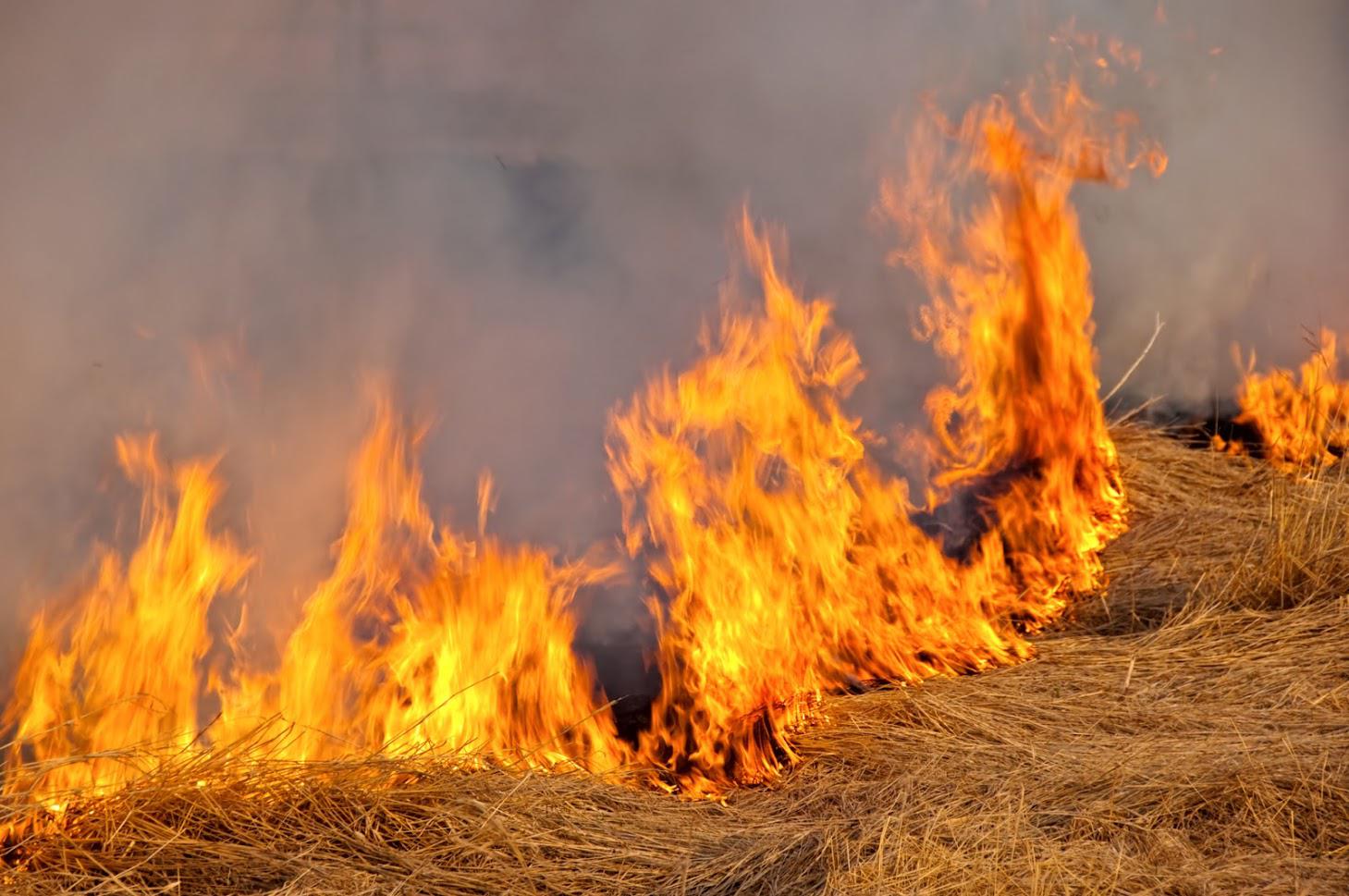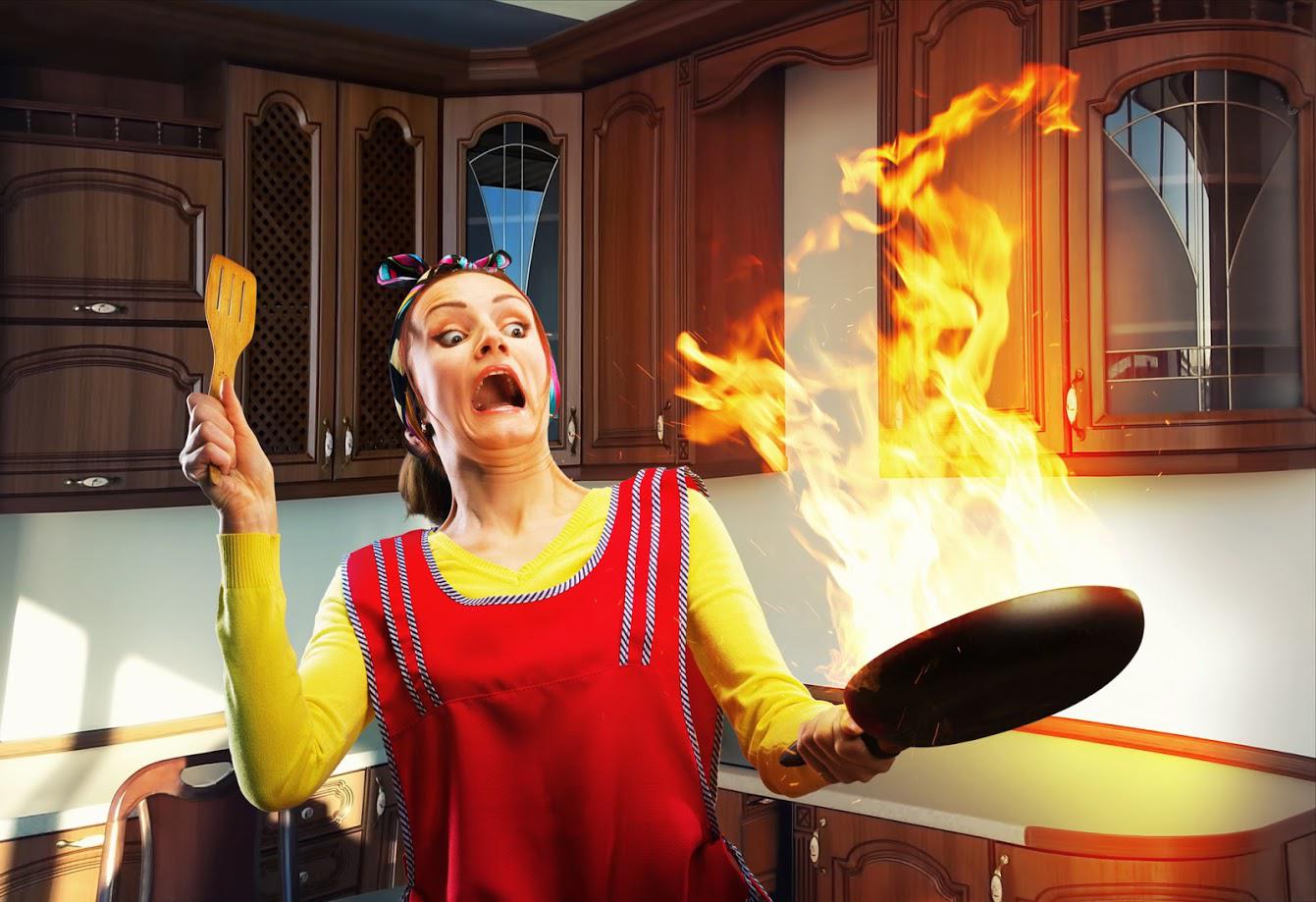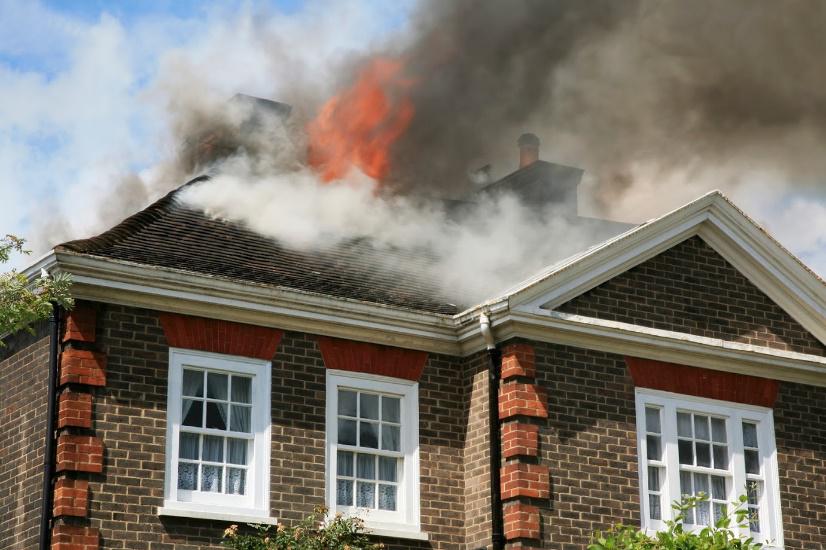How to Protect Your Garage Against Flood and Fire

Your garage should be as waterproof and fire-resistant as possible. Any damage that occurs in the garage area can spread to the rest of your residence or cause financial and structural damage to this part of your home's square footage.
Since your garage houses potentially flammable products and may be more prone to water damage than other insulated and sealed areas of your home, fire and water destruction is a real concern. This means that a professional restoration company should handle all home restoration projects — including those in the garage or other exterior sections of your property.
Here are ways you can improve the structural soundness of your garage to keep fires and floods less likely from happening.
Paint Your Garage Walls and Ceiling
If your garage walls and ceiling have not been painted, this should be done. Not only will it make your garage look better, have less dust and stay cleaner. The paint helps the drywall maintain its fire rating. Unpainted drywall surfaces continue to dry out, the fire taping curls and these openings provide a path for fires. It only takes a small gap for fire to jump from your garage to other parts of your home.
Upgrade Your Garage Door
Upgrading to an insulated garage door that is both fire- and water-resistant is perhaps the best way to improve the safety of your garage. For example, wood or aluminum garage doors may be less protective than a water-sealed steel garage door in keeping fires and flood waters contained to this exterior living space should destruction occur.
If your current garage door is not water or fire-resistant, replacing the door may not be necessary as long as you place special seals around the border of the door openings. Adding an insulating barrier to an existing door is also beneficial in creating a more durable garage space.
Upgrade Your Home's Drainage System
If your home has excess water runoff around your property — either due to excessive rainfall or snowmelt — your garage is usually a prime target for flooding. Water can get into your garage via cracks in your driveway or underneath your garage door and will quickly damage electrical wiring, existing stored products, or even other parts of your home if water levels are high.
Install a new gutter system around your home to keep water away from your garage. Remove leaves and other debris regularly to keep water from overflowing drain spouts. Place gravel or rock layers in front of your home and along the sides and back of your garage space to encourage drained water away from your home's foundation and garage.
Additionally, you should probably update weather stripping in your garage door so water is less likely to get in. Even mild rainfall can lead to water seepage in an unsecured garage.
Upgrade Electrical Wiring
The leading cause of garage fires is faulty or abused electrical wiring. When electrical wires are exposed or damaged, a fire can occur when power tools or garage lights are plugged in. A garage fire not only destroys vehicles, lawn equipment, and flammable chemicals and supplies, but the flames can easily spread to the rest of the home as well.
Professionals should always install electrical wiring. Additionally, exposed outlets and wires should be capped and repaired. Professionals should create proper power allowances by adding new posts on a fuse box or creating a whole new electrical system for the garage. This way, overloading outlets — which creates power surges and increases risk of electrical fires — are less likely to occur when many tools or appliances are plugged in at once.
While upgrading wiring in your garage, remove all flammable chemicals and supplies, such as gas cans, pesticides, paint, and oils. These items belong in a shed away from the home to reduce accidental spills and fires.
A sound garage will be less likely to flood or catch fire, which, in turn, protects your entire home. Should fire or water damage occur on your property, call us at Utah Disaster Restoration Services. Our efficient and professional team will restore your home to safe living condition.
